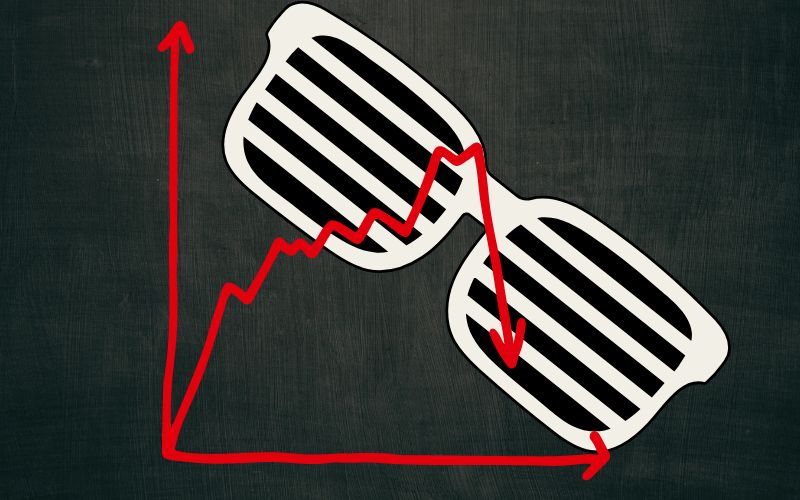The Adidas-Kanye fiasco: the reputational risk and managing controversial celebrities
Tony Jaques writes about how businesses can learn from the Adidas-Kanye fiasco and others about balancing sales against the reputation risk of managing controversial celebrities

Although it's been more than 12 months since Adidas parted ways with Kanye West, a fresh New York Times investigation late last year documented how the German footwear company tolerated years of bad behaviour and anti-Semitism from West (now officially known as Ye) when other sponsors severed links with the troubled rapper.
While it's a tale of high finance and the challenge of working with a problematic celebrity, it's also a stark lesson about balancing sales against reputation risk, which the New York Times called: "The price of appeasement."
In October 2022, following a tweet that contained hate speech, the singer and fashion designer was dropped by Adidas after a viral public campaign, leaving the shoemaker with unsold Yeezy stock worth more than a billion great British pounds. In December 2023, West apologised for his 2022 tweets.
The split contributed to a £350 million drop in sales for Adidas in the first quarter of 2023, and now investors are suing Adidas in the US, alleging the company had long known about West's offensive remarks and harmful behaviour and failed to take measures to limit financial losses.
After initially suggesting the designer shoes might be destroyed, Adidas eventually decided to sell them, with a percentage of the proceeds going to groups that combat hate speech and a percentage to West. CEO Bjørn Gulden said at the time: "There is no place in sport or society for hate of any kind and we remain committed to fighting against it."
However, the devastating New York Times investigation revealed that West's questionable behaviour stretched back years. To make the crisis even worse, just one week before the New York Times bombshell, Gulden seemed to excuse the singer's anti-Semitism. He told a Norwegian podcast that West made: "Some statements which weren't that good," which caused Adidas to break the contract and withdraw the product.
"Very unfortunate, because I don't think he meant what he said and I don't think he's a bad person – it just came across that way," the CEO explained. "That meant we lost that business. One of the most successful collabs in history – very sad." In fact, the company reportedly earned an estimated £1.5 billion a year from Yeezy shoes.
"But again, when you work with third parties, that could happen. It's part of the game. That can happen with an athlete; it can happen with an entertainer. It's part of the business," he added.
It may well be part of the business but it's also a stark lesson for other companies about the reputational risk of managing controversial celebrities.
Regardless of the case's merits and individual opinions, the risk is very real and demands action. Like when Johnny Depp's alleged behaviour towards his ex-wife led Warner Brothers to remove him from the next movie in the Fantastic Beasts franchise even though they had to pay his full US$10 million salary for filming only one scene.
Or when Jeep withdrew its costly Super Bowl advertisement after learning that singer Bruce Springsteen had been arrested months earlier for drink-driving. The charge was later dropped.
Or when Director Ridley Scott cut scandal-plagued star Kevin Spacey from his already completed movie All the Money in the World. The reshoot with replacement actor Christopher Plummer reportedly added $10 million to the budget.
Scott's explanation could stand as good advice for the Adidas CEO and executives everywhere facing similar celebrity reputational crises. He said: "Whatever you do in private is not my business. It only becomes my business if it infects the business that I'm in. Then it's my duty to do something about it."